Scroll through TikTok for five minutes, and you’ll likely stumble upon someone raving about their “miraculous” weight loss transformation using Ozempic. The videos are everywhere: glowing testimonials, before-and-after photos, and influencers promising that this little injection pen is the secret to effortless weight loss. But here’s the thing: what you’re seeing isn’t the whole story, and Kenya’s health regulators are sounding the alarm bells for the second time in just one year.
The Social Media Hype Machine
Let’s be honest, we live in an age where everything becomes a trend, including prescription medications. Ozempic has become the poster child for quick-fix weight loss, thanks largely to social media influencers who treat it like the latest superfood smoothie rather than what it actually is: a serious medication designed for people with type 2 diabetes.
The numbers are staggering. Research shows that 100 TikTok videos tagged with #Ozempic were viewed a whopping 70 million times. That’s 70 million people potentially getting medical advice from someone who might know more about ring lights than they do about blood sugar regulation.
Here’s where it gets concerning: most of these viral videos aren’t created by doctors, pharmacists, or any healthcare professionals. They’re made by regular people, influencers, and yes, even celebrities who’ve decided to share their personal experiences as if they’re universal truths. While personal stories can be powerful, they’re not medical guidance – and that distinction matters more than you might think.
Why Kenya’s Health Regulators Are Worried (Again)
The Pharmacy and Poisons Board (PPB) doesn’t issue warnings lightly. When they speak up, it’s because they’re seeing real problems that could put people’s health at risk. This is actually their second warning about Ozempic in Kenya, the first one, issued a year ago, was about fake versions of the drug circulating in the country.
Now they’re tackling a different but equally serious issue: people using the real medication without proper medical supervision. Dr. Fred Siyoi, the PPB’s chief executive, couldn’t have been clearer: “Semaglutide is a prescription-only medicine…its unsupervised or off-label use may result in serious health outcomes.”
Think about that for a moment. This isn’t about being overly cautious or trying to rain on anyone’s weight loss parade. This is about preventing potentially serious health complications that could land you in the hospital.
https://x.com/ppbkenya/status/1957755303706890485
The Real Deal About Ozempic
Let’s cut through the social media noise and talk facts. Ozempic contains semaglutide, which belongs to a class of drugs that were specifically developed to help people with type 2 diabetes manage their blood sugar levels. The weight loss that some people experience? That’s essentially a side effect, not the primary purpose of the medication.
The drug works by helping your body release the right amount of insulin when your blood sugar spikes. It also slows down how quickly food leaves your stomach, which can make you feel full longer. Sounds great for weight loss, right? Well, not so fast.
The Side Effects No One’s Posting About
Here’s what those glowing TikTok testimonials often leave out – the potential side effects that the PPB is specifically warning about:
Hypoglycemia (low blood sugar): Your blood sugar can drop dangerously low, leading to shakiness, confusion, sweating, and in severe cases, loss of consciousness.
Eye problems: The medication can affect your vision and potentially worsen certain eye conditions.
Gastro-oesophageal reflux disease: Think chronic heartburn and acid reflux that can seriously impact your quality of life.
Intestinal obstruction: This is as serious as it sounds – a blockage in your intestines that can require emergency medical treatment.
The PPB notes these effects can range from mild to severe, but here’s the kicker: without proper medical supervision, you won’t know how to manage them if they occur or even recognise when they’re happening.
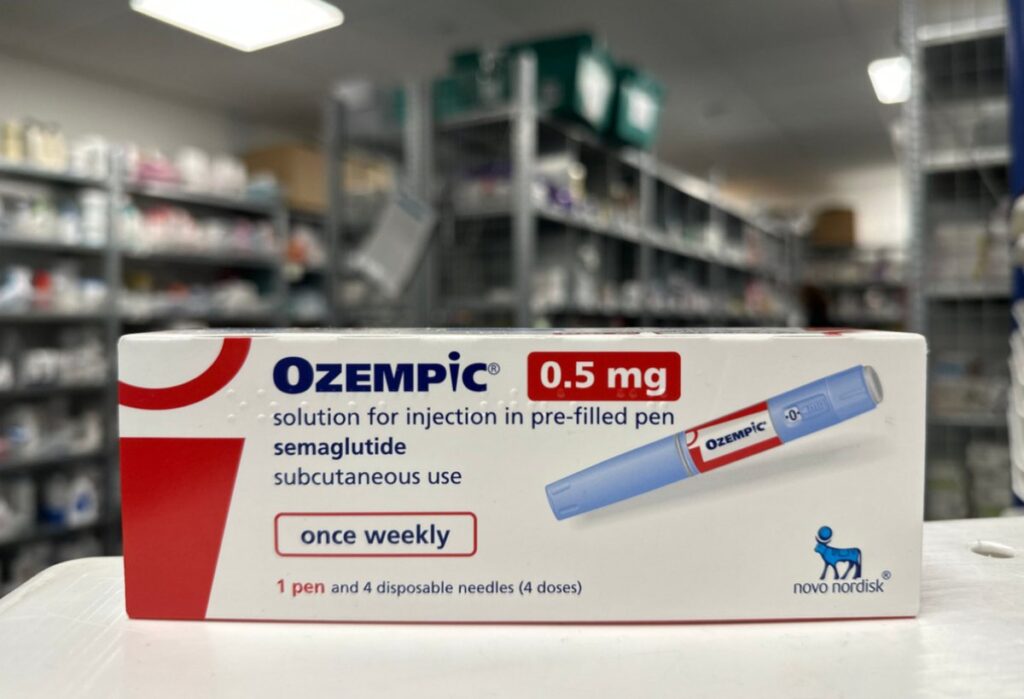
The Influence of Influencers
There’s something particularly troubling about getting medical advice from social media personalities. When someone with thousands of followers shares their weight loss journey using a prescription medication, their audience often sees it as an endorsement rather than one person’s individual experience.
The problem is that influencers – no matter how well-meaning – aren’t equipped to explain drug interactions or contraindications or help you determine if you’re a suitable candidate for a particular medication. They can’t assess your medical history, current medications, or underlying health conditions. Yet their posts often carry more weight than actual medical advice because they’re packaged in an engaging, relatable format.
In Kenya, we’ve seen celebrities posting testimonials about Ozempic use, adding local star power to an already concerning trend. When your favourite celebrity claims a medication changed their life, it’s natural to want the same results – but their experience might not translate to your situation at all.
What This Means for You
If you’re considering Ozempic for weight loss, here’s what you need to know: it’s not a magic wand, it’s not suitable for everyone, and it definitely shouldn’t be treated like a supplement you can pick up and try on your own.
The medication is currently approved for people with type 2 diabetes, and while some doctors do prescribe it off-label for weight loss in certain circumstances, this should only happen after a thorough medical evaluation. A proper healthcare provider will assess your overall health, consider your medical history, discuss potential risks and benefits, and monitor you throughout treatment.
The Bigger Picture
This situation highlights a broader issue with how we consume health information in the digital age. Social media has democratised information sharing, which has many benefits, but it’s also created a space where medical advice can come from anyone with a smartphone and a compelling personal story.
The rise of “medical influencers” – people without medical training who share health and wellness content – has blurred the lines between personal experience and professional guidance. While there’s value in hearing real people’s stories, we need to be better at distinguishing between someone sharing their journey and someone qualified to guide ours.
Moving Forward Responsibly
The goal isn’t to shame anyone who’s struggling with weight management or looking for solutions. Weight loss can be incredibly challenging, and it’s understandable that people are drawn to options that seem to offer hope and results.
Instead, this is about encouraging a more thoughtful approach. Before considering any prescription medication for weight loss, have an honest conversation with a healthcare provider. Be upfront about where you learnt about the medication and what you’re hoping to achieve. A good doctor will help you explore all your options – both pharmaceutical and non-pharmaceutical – and guide you toward the approach that’s safest and most appropriate for your specific situation.
Remember, sustainable weight management is rarely about finding a single solution or quick fix. It usually involves a combination of lifestyle changes, and sometimes medical support, tailored to your individual needs and circumstances.
The Bottom Line
Ozempic isn’t inherently dangerous when used appropriately under medical supervision. But taking it based on social media recommendations, without understanding the risks, or without proper medical oversight? That’s a gamble with your health that’s simply not worth taking.
The PPB’s warning isn’t about limiting your options – it’s about protecting your wellbeing. In a world where medical misinformation can go viral in minutes, sometimes the most radical thing you can do is slow down, ask questions, and seek professional guidance.
Your health is too important to leave to TikTok trends. Choose wisely.
Read Also About Cetirizine and stay in the know
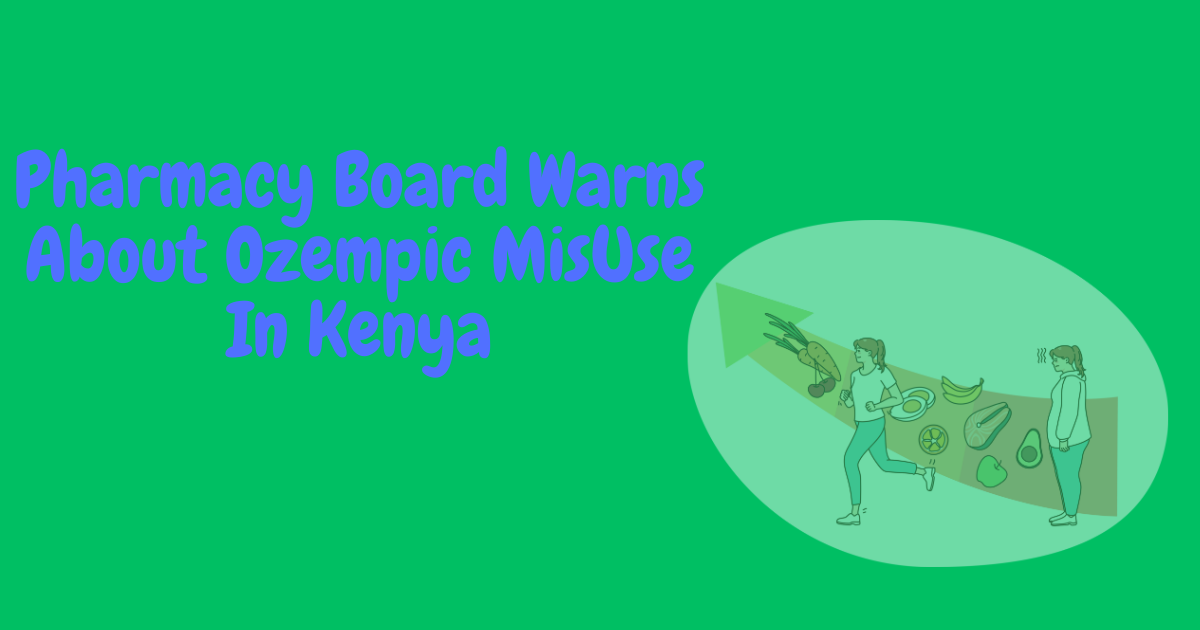
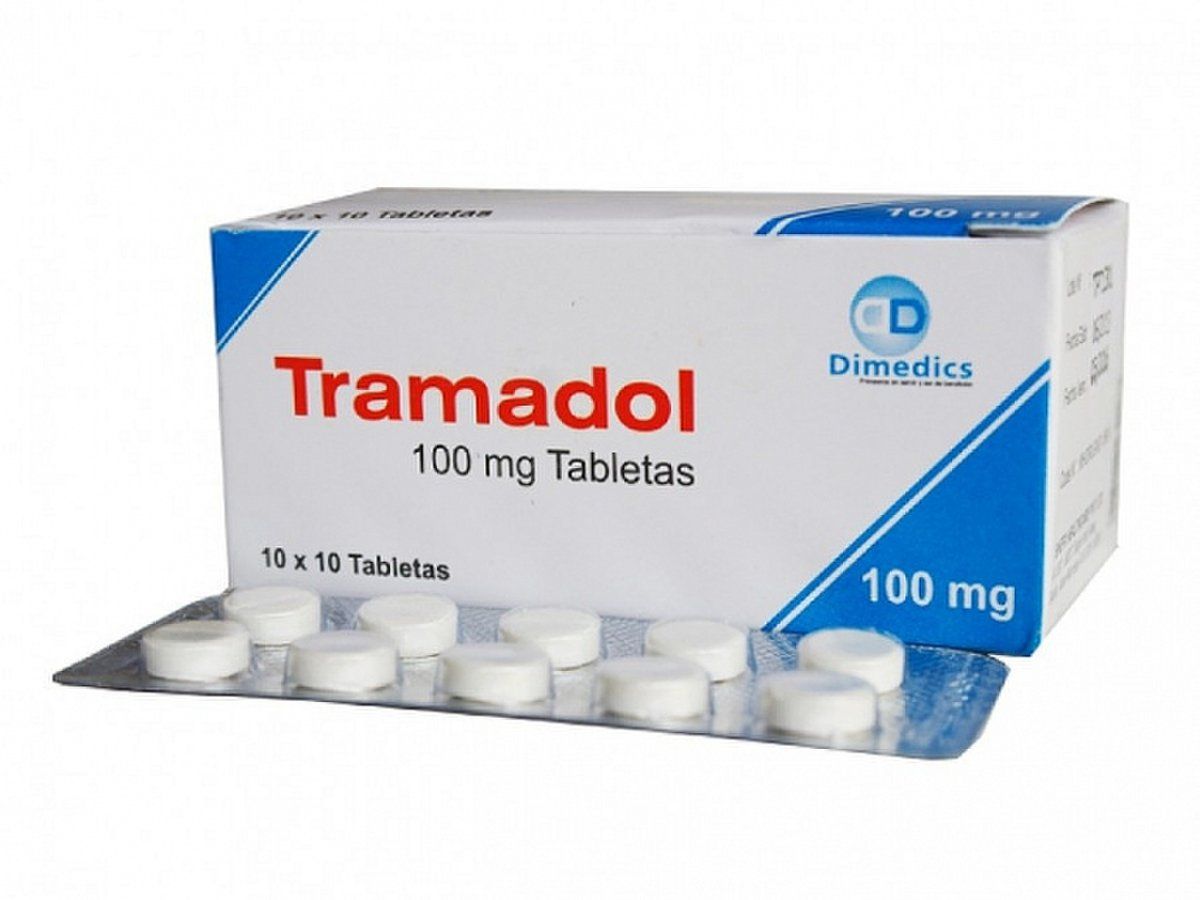






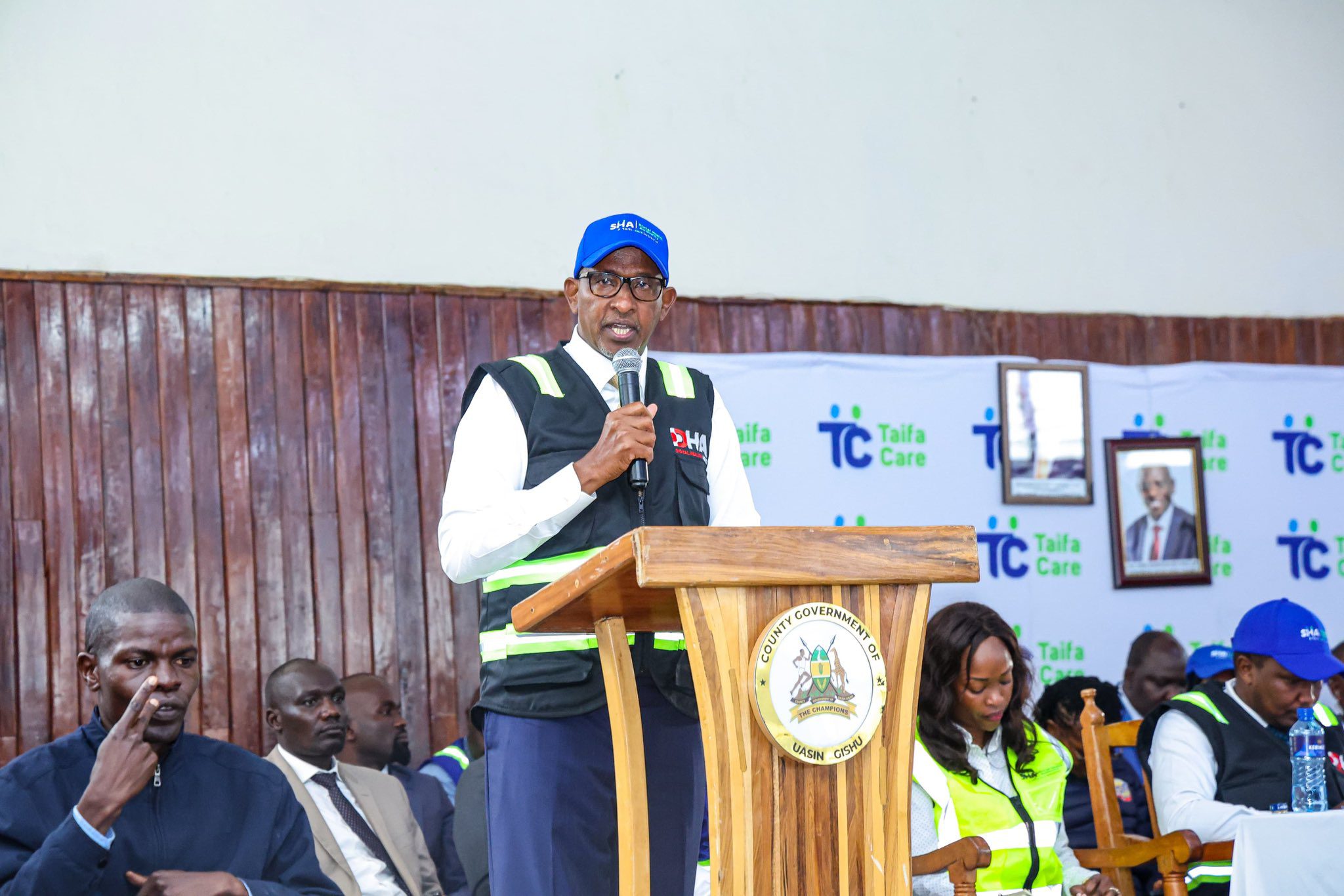

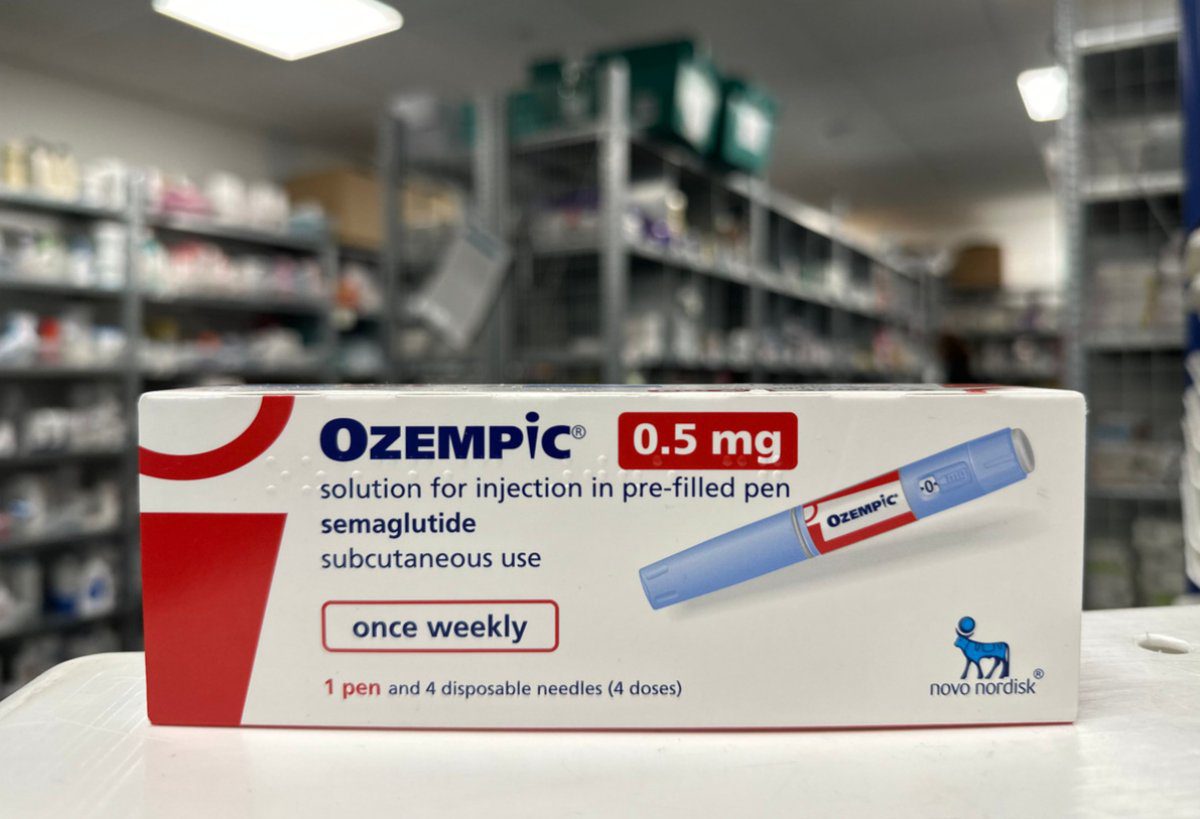

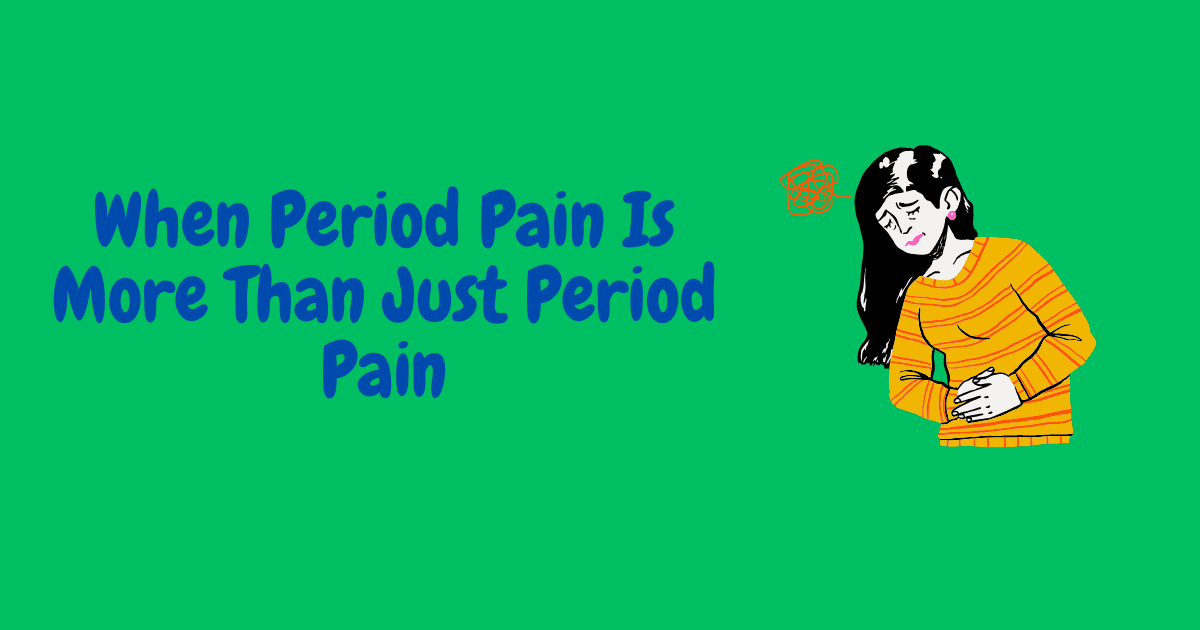
Leave a Reply